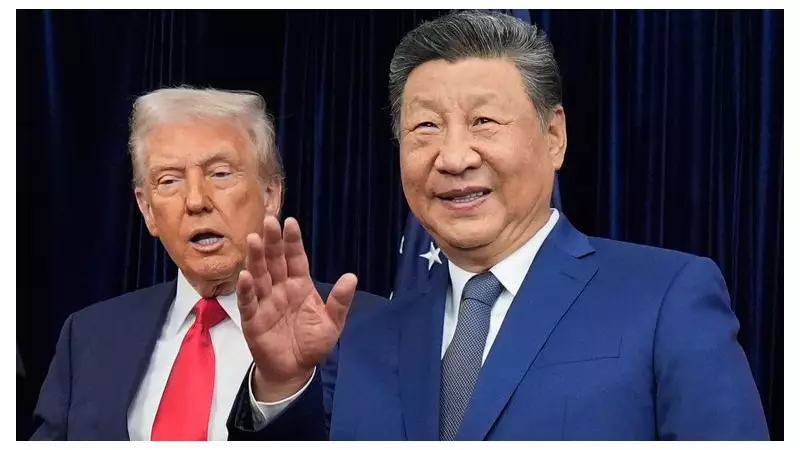
In a significant development that could reshape global trade dynamics, former President Donald Trump has announced plans for substantial tariff reductions following what he described as an "amazing" meeting with Chinese President Xi Jinping.
A Turning Point in Trade Relations
The surprise announcement came after the two leaders convened during the G20 summit, marking a potential breakthrough in the long-standing trade tensions between the world's two largest economies. Trump revealed that both nations have agreed to scale back the punishing tariffs that have characterised their economic relationship in recent years.
"We had the most amazing meeting with President Xi," Trump declared in his characteristic style. "The results will be tremendous for both our countries - the tariffs are coming down."
Economic Implications
This development signals a notable shift in approach from the Trump administration's previously hardline stance on China trade policy. The planned tariff reductions could provide relief to businesses and consumers on both sides of the Pacific who have borne the cost of increased trade barriers.
Market analysts are watching closely, as any meaningful reduction in tariffs could:
- Lower consumer prices on imported Chinese goods
- Ease supply chain pressures for manufacturers
- Reduce inflationary pressures in the US economy
- Improve prospects for global economic growth
Diplomatic Thaw
The positive tone emerging from the meeting suggests a warming in US-China diplomatic relations, which have been strained by not only trade disputes but also geopolitical tensions and technological competition.
While specific details about the timing and extent of tariff reductions remain unclear, the mere announcement represents a significant departure from the escalating trade war rhetoric that has dominated recent years.
International observers will be monitoring subsequent negotiations closely, as the implementation of these proposed changes could have far-reaching consequences for global trade patterns and economic stability in the coming months.





